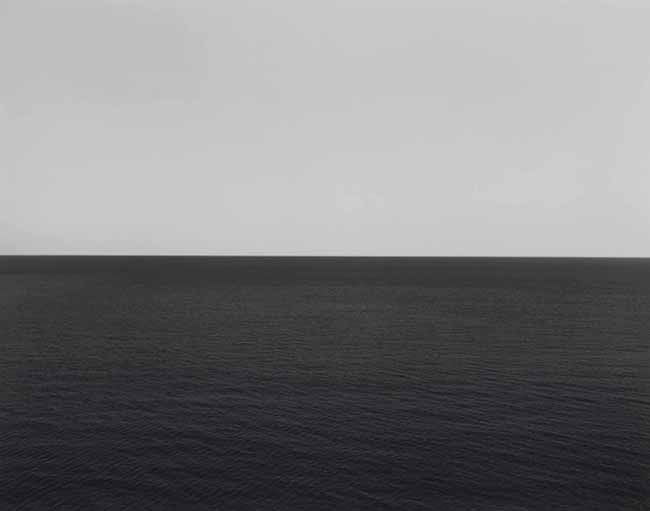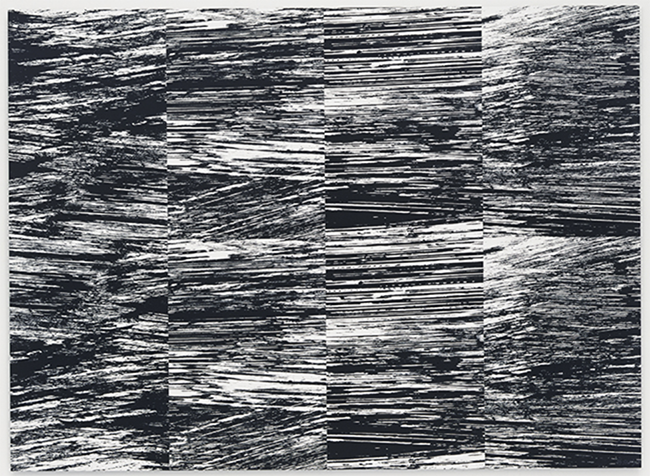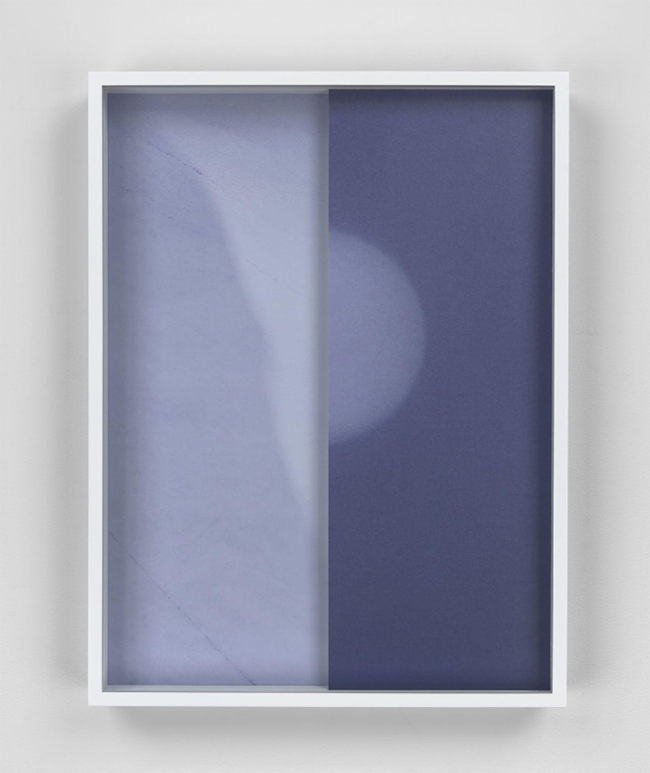Jalen's Beat: Ekphrasis
Throughout the early part of my internship, I was able to put my writing skills to use in the form of poetic reflections. I took a long-standing poetic practice—ekphrasis—and applied it to a non-traditional muse—performance art. Ekphrasis means “description” in Greek. Poetry Foundation defines an ekphrastic poem as, “a vivid description of a scene or, more commonly, a work of art. Through the imaginative act of narrating and reflecting on the ‘action’ of a painting or sculpture, the poet may amplify and expand its meaning.”
Joi de Vivre
After Nederlands Dans Theater
Here, in this dimly light hall, I conjure my version of strength.
It is 8 p.m. on a Friday, my grandma has retired, my parents have retired,
all my other loved ones have been working. I have been working.
I am everything but hopeful. I am weary and difficult to please.
The dancers do not care. Their long-limbed acrobatics
are languages I will marvel at and never speak.
Their taut, wiry bodies are anything but innocent,
the way they ignore the proposed rule of gravity
is senseless and decadent. They make me
want to take a second, questioning look at carnations.
Armor would be useless for this sort of slithering flexibility,
it’s startling and piquant, like any breed of temptation.
Coffee is enough for some, others
drink, others inhale like their lungs
have been freshly drawn by a cartoonist.
After this performance, I can relate.
With my thoughts pooling
at my feet, I realize I’m hungry.
I order a beef cake and a stogie.
I send for a music-box and all of Tolstoy.
I demand a higher wage and a better body,
a beautiful, aloof woman. Her name
will be Clara or Nadine. Nothing will stop me,
not even the drippy dreariness of winter.
-----
Launch
After One. One & One
The sea encroaches. Mist litters the back porch.
The shed door, like the tongue, remains salt stained
and rank. Sand unsettles beneath the foot. Tree-tops
and power lines hiss in the gutter of the roadway.
Progress has felled them.
Magic once happened here, but no more.
There’s no place for peace, no room for reflection.
Envy and pride weaken our bones,
but toil and tilling do the killing. Our tongues
are ceaseless in song and assurance that a pair
of launches are leading two swans to the slicked
edge of the world. We’re praying they come back
blinking and screaming, flapping like a tooth in the wind.
-----
Quiet
After Attractor
We the rabid dogs of daylight,
our bushy, glowing tongues
frothing in our mouths like desire,
we the kinsmen, the chained bulls,
the loose rivers,
enemy of every song but scream,
we the pained politic, the rude masses,
soldiers of no war or tongue,
faithful to everything but the hunt,
have come before you today,
behind black shades and the tuned
echo of a microphone, to say,
when the hour of judgment arrives
a team of stallions will whinny
themselves breathless
on the front lawn, their bay
coats steaming in the zebra-grass,
tempting the moon.

Caribbean Sea, Jamaica (1980) by Hiroshi Sugimoto’s
Stillness
Every great film
needs a star, a stillness,
an opaque notion
that the beady brown eyes
in the close-up
are calling all the starving
maws to the table, a table
absent every form of flesh,
littered with light;
a notion that the roof-beating
rain outside the window
is a dream-song
in an ice cream parlor,
a makeshift raft overflowing
with peaches and sage.
That stillness is in everything
if you listen hard enough,
whispering beneath the waves
like birdsong in the background
of a shallow mourning.
River II (2005) by Ellsworth Kelly
Screams of Light
The shades seem to,
but don’t touch, hanging
in air between two
screams of light.
The image belittles
the brooding bodies
in the museum, looks past
them to the sea—one pale,
sea-sprayed dingy, rocking
against the dock.
This is the seedy part
of history, every enclave
has a red window and a heavy
Dionysus door-knocker—
how vintage, bowing our heads
before our baser flames.
Everyday smoke ripples
through flesh. Everyday
forests turn to ash.
The shades seem to,
but don’t touch.
In the black is a blacker
helix. And that too
is Dionysian—
what is it they say
about the shade
of the berry,
the buried?
Marble Moon by Sara Vanderbeek
Is it Nightfall or a Storm
It’s amazing what the moon can conjure—
the active legs of a lover on some remote shore,
pale inviting light, the endless rhythm of the tide
all synth and shaker, distorted strings swimming
in from beyond the reef, bodies tithing
to one another and nothing at all.
The moon is like this, until it isn’t, until
its light burns and blinds, until it conjures
something darker— sugar-sweet rainbows
behind a motionless tongue, a silenced soul.
When light this bright gets stretched
over skin this dark, the unthinkable happens,
again, and again, and again. The bullet
is someone’s o-mouth. How many black boys
have been erased because of the sparkling
apparitions in their pleading brown palms.
Think about the power of a ball,
a bow on strings, a microphone,
or jersey. Have ever had to pack
the thing that would keep you alive?
In the bodies hand is handful
of anything that can be imagined
into a weapon—a light breeze,
moonlight, or rain, a cocked
thought in the throat.
JALEN’S BEAT
This season, The Clarice has hosted writer Jalen Eutsey as part Greater Baltimore Cultural Alliance's Urban Arts Leadership Fellowship. This prestigious fellowship is aimed at diversifying the management of cultural and artistic organizations. Throughout June 2019, Eutsey will be writing about the National Orchestral Institute + Festival. He'll examine NOI+F's performances, rehearsals and engagement events with an eye towards equity and inclusion.
Eutsey holds a Bachelor of Arts degree in English from the University of Miami and a Master of Fine Arts degree in Poetry from Johns Hopkins University. His poems have been published in Miscellany, Mr. Ma’am, The Rush, Into the Void and Northern Virginia Review. While in graduate school, he taught creative writing to high school and middle school students as part of the Writers in Baltimore Schools program.


